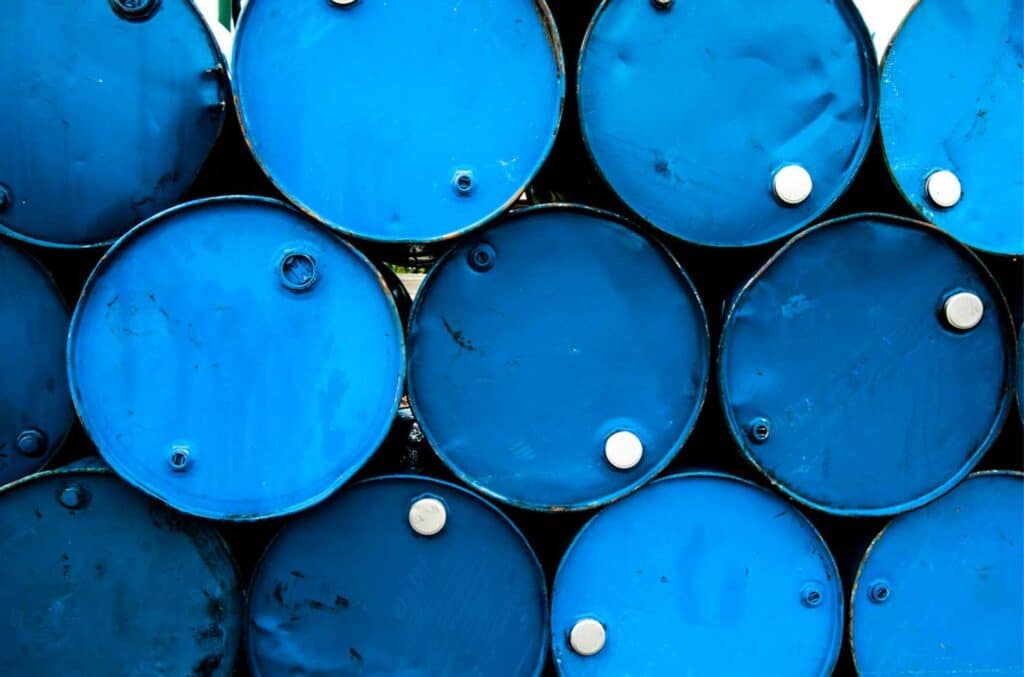Preventing and Containing Oil Spills In The Workplace: 7 Actionable Tips

Oil spills are a terrible issue that continues to affect our oceans and land. Today’s oil industry has large scale oil production and transportation projects. The risk for oil spills has never been greater, and so too is our need for an effective oil spill response.
Here at Ecospill, we understand how important an oil spill management plan is. We have years of experience in designing effective spill kits and containment systems.
In this article, we share some tips on preventing and containing oil spills.
7 Tips on How to Prevent Oil Spills and Contain Them
These days businesses regularly deal with motor oil and other toxic wastes. Large scale operations like offshore drilling, pose a big risk for oil spills. Regulations on how we dispose and handle these substances are becoming more strict. It’s best to ensure you have an oil spill prevention method set in place. Below we share our seven tips on preventing and containing oil spills:
1. Inspect equipment regularly
There is plenty of equipment available to help when it comes to preventing and containing oil spills. However, if you don’t conduct regular inspections and audits on your equipment, then it may fail you when you need it most. Good record keeping and logging of maintenance will ensure you don’t miss any inspection and service dates.
2. Assess spill history and develop an action plan based on findings
Part of preventing an oil spill is knowing when it might happen. There is no way of knowing exactly when an unplanned oil spill will occur, but you can anticipate and prepare for one. If an old piece of heavy machinery has a history of oil leaks, then you can expect it to happen again. By looking at previous incidents and records, you can find useful information to help prevent future spills.
3. Conduct employee interviews to identify potential issues
If your business involves direct handling of oil, then your employees should have a good understanding of the hazards present. A five-minute chat with your employees can give you a lot of information on the risks of oil spills specific to your workplace. Make sure your employees are reporting any hazards and risks to the appropriate supervisor.
4. Keep containers in good shape
Spill kits and containment systems are vital to your workplace. There are several types of containers you can use, designed to store oil, fuel and petroleum products. If you don’t regularly inspect your containers, then you may have a new oil spill on your hands. Containers that are not maintained well, can form cracks, gaps, and corrosion, providing a path for the oil to escape.
5. Regular inspection and integrity testing of containers
Your business may require a Spill Prevention, Control, and Countermeasure (SPCC) plan. This means you have to conduct regular inspection and integrity testing of your spill containers. Containers with a capacity of 55 gallons or more will need integrity testing.
6. Make sure that both passive and active spill containment is in place
To have an effective and efficient oil spill management plan, you need to ensure you have active and passive containment systems in place. If one system fails, then the other can take its place, similar to a “plan B”.
Passive containment refers to a system that is installed before an oil spill occurs, such as drip pans and absorbent mats. This is an ideal system as once an oil spill occurs, it may be some time before there is an oil spill response.
An active containment system is implemented only after an oil spill occurs. Active containment plans are essential when passive containment is not optional.
7. Conduct regular spill response training
Having oil spill cleanup methods and equipment is a good start to preventing and containing oil spills. However, you need to ensure that any person involved in the oil spill prevention plan receives training. A spill training course is an excellent option for your business. It allows your employees to have the confidence and know-how to use spill kits and other containment systems.
ECOSPILL IS HERE TO HELP
Preventing and containing oil spills is vital for the health of our environment. It’s up to us to prevent further pollution to our planet. Fortunately, with today’s technology, oil spill equipment such as oil absorbents and oil booms can be highly effective.
Here at Ecospill, we understand that the regulations surrounding oil pollution are rapidly changing. Our experienced team ensures our products are up to date with regulatory standards. From spill kits to floor bunding, Ecospill has everything you need for preventing and containing oil spills.
Contact us to find out how Ecospill can help.
